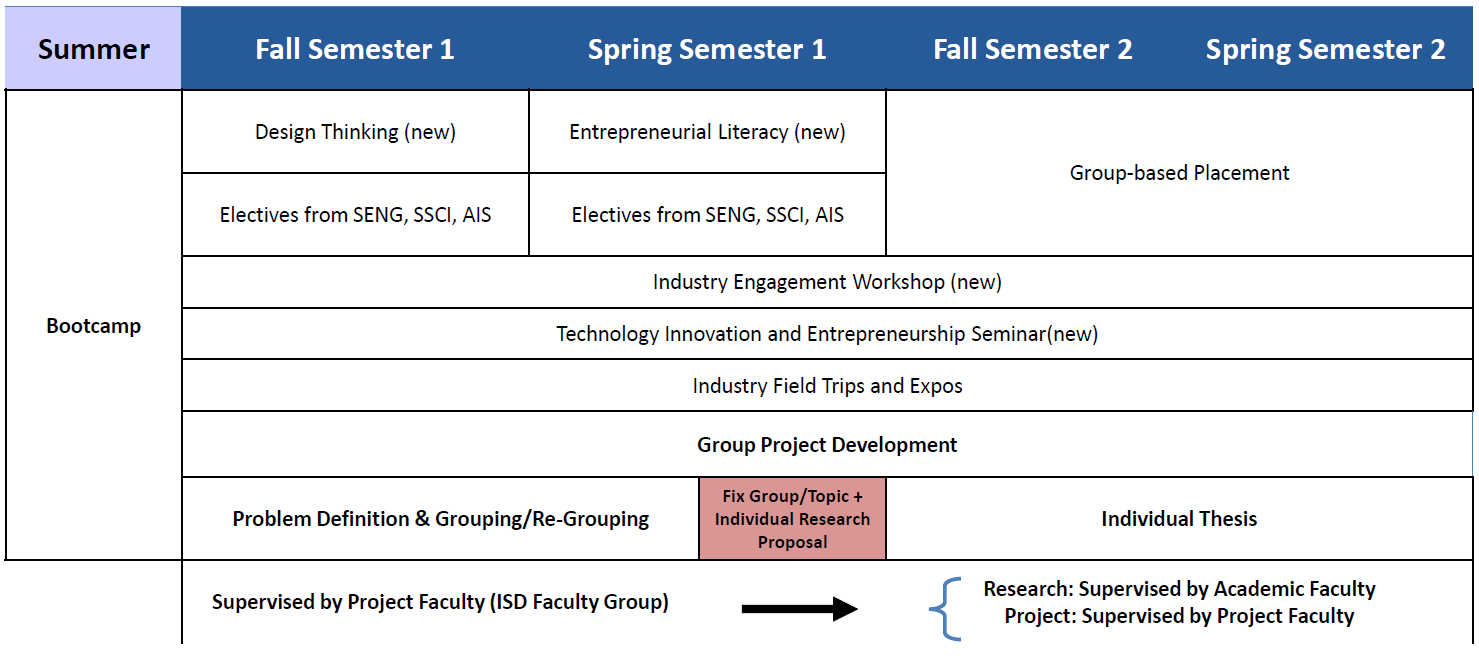Dr. Shao is an Assistant Professor in the ISD division at the Hong Kong University of Science and Technology (HKUST). Prior to that, he received his Ph.D. in Computer Science from Columbia University, his Master's degree from Dartmouth College, and his Bachelor's degree from UESTC. He has previously worked at Philips Research, Snap Research, and Samsung Research, where several of his proposed algorithms are being deployed in real-world products.
His research focuses on mobile computing, ubiquitous computing, and human-computer interaction. His work has been published in top conferences and journals in his field (e.g., MobiSys, IMWUT/UbiComp, MobiCom, NSDI, CHI) and has been recognized by MobiSys Best Paper Award (2024), MobiSys Best Demo Award (2024), MobiCom Best Demo Award (2023), UbiComp Best Teaser Award (2023), Hotmobile Best Demo Award (2020), and NSF Awesome Discoveries (2019). He was also named among ACM MobiSys Rising Stars, NSF Rising Stars in Cyber-Physical Systems.

Human-centered Sensing
Human-Computer Interaction
Smart Health
Wearables

